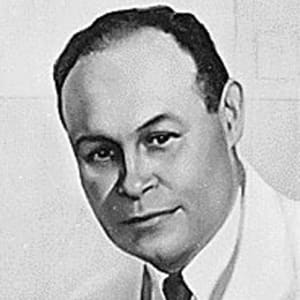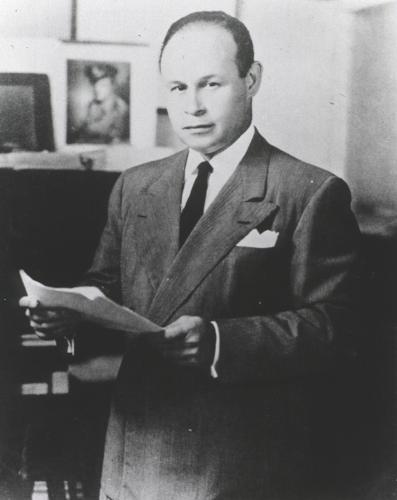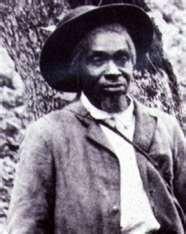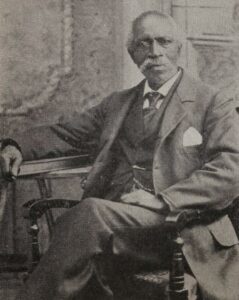Charles Drew was an African American surgeon who pioneered methods of storing blood plasma for transfusion and developed ways to process and store blood plasma in “blood banks.” He directed the blood plasma programs of the United States and Great Britain in World War II, but resigned after a ruling that the blood of African Americans would be segregated.
1904
1950
USA
African American
1929- attended medical school
1938-offered a fellowship at New York’s Columbia-Presbyterian Medical Center and started the plasma bag programme
1944, the National Association for the Advancement of Coloured People honoured Drew with its 1943 Spingarn Medal for “the highest and noblest achievement” by an African-American “during the preceding year or years.”
Charles R Drew was born in Washington D.C to Richard T. Drew and Nora Burrell, he attended Dunbar High School where he showed strength in academics and athletics, this earned him an athletic scholarship to Amherst College in Massachusetts. After graduating from Amherst in 1926 he worked as a director of athletics at Morgan College. In 1929 he attended medical school at McGills University in Canada.
in 1929, he attended medical school at McGill University in Canada, where he studied with anatomy professor Dr. John Beattie. Drew developed his interest in blood storage just before he graduated in 1933. In 1935, Drew returned to Washington D.C. to become a professor at Howard University’s medical school. He was a member of both Omega Psi Phi Fraternity and Sigma Pi Phi Fraternity.
In 1938, the Rockefeller Foundation offered Drew a research fellowship at New York’s Columbia-Presbyterian Medical Center to study blood. While there he discovered that plasma, a pale yellow liquid without the blood cells could be stored, preserved, and used in an emergency. Shortly after receiving his Doctor of Science, he was asked to direct a pilot program for collecting, testing, and distributing blood plasma in Great Britain. During the five-month program, Drew and his associates collected blood from over 15,000 people and gave about 1,500 transfusions.
With the success of the program, Drew gained international fame and was appointed director of the first American Red Cross Plasma Bank. During World War II, he recruited 100,000 blood donors for the U.S. Army and Navy. Their blood saved the lives of thousands of wounded soldiers. Ironically, the U.S. armed forces maintained a segregated blood donation system that refused to give blood from non-whites to white soldiers. Drew denounced the policy, stating that there was no scientific evidence of difference based on race and, consequently, and resigned his position. He returned to Washington D.C. and became the head of Howard University’s Department of Surgery and later chief surgeon at Freedman’s Hospital.
After creating two of the first blood banks, Drew returned to Howard University in 1941. He served as a professor there, heading up the university’s department of surgery. He also became the chief surgeon at Freedmen’s Hospital. Later that year, he became the first African American examiner for the American Board of Surgery.
In 1944, the National Association for the Advancement of Colored People honoured Drew with its 1943 Spingarn Medal for “the highest and noblest achievement” by an African-American “during the preceding year or years.” The award was given in recognition of Drew’s blood plasma collection and distribution efforts.
Drew was only 45 years old at the time of his death, and it is remarkable how much he was able to accomplish in such a limited amount of time. As the Reverend Jerry Moore said at Drew’s funeral, Drew had “a life which crowds into a handful of years’ significance, so great, men will never be able to forget it.”
Since his passing, Drew has received countless posthumous honours. He was featured in the United States Postal Service’s Great Americans stamp series in 1981, and his name appears on educational institutions across the country.
Image 1- https://www.biography.com/scientist/charles-drew
Image 2- https://www.blackpast.org/african-american-history/drew-charles-r-1904-1950/
https://www.biography.com/scientist/charles-drew
https://blackhistory.news.columbia.edu/people/charles-r-drew



